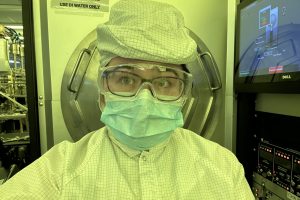
July 9, 2024
A variety of experiences: Moore spends summer conducting research
Marissa Moore, a senior chemical engineering student, is participating in a Research Experiences for Undergraduates (REU) program at the Georgia Institute of Technology. We asked her a few questions about the experience.

July 9, 2024
Hackers beware: Research shows AI can assist with cybersecurity
A Mizzou researcher and collaborators found that leading chatbots can pass certified ethical hacking exams.
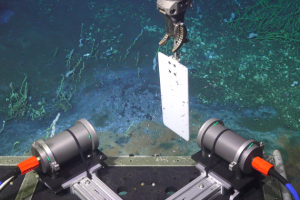
July 9, 2024
Bubbling with curiosity: Mizzou engineer investigates oceanic phenomenon
Binbin Wang has spent years researching hydrocarbons in the Gulf of Mexico and discovering how natural seeps in the ocean floor affect the environment. He is now working on a long-term research project using a National Science Foundation research vessel.
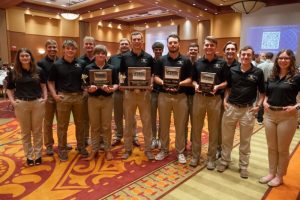
July 2, 2024
Mizzou tractor pulling team earns honors at international competition
Mizzou’s Torq’N Tigers Quarter-Scale Tractor Pulling Team continued its strong performance at the American Society of Agricultural and Biological Engineers (ASABE) International Student Design Competition last month. Both the A-Team and X-Team took home multiple awards at the event.

June 28, 2024
Discovering global cultures: Mizzou Engineering student’s enriching study abroad experience in France
Studying abroad gives students the opportunity to understand diverse viewpoints and immerse themselves in new cultural experiences. Isha Deol, a rising senior at Mizzou Engineering, went beyond The Columns this summer for a study abroad program in France.
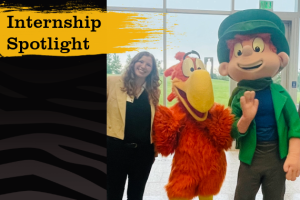
June 27, 2024
Gaining a versatile skillset: Hyde conducts internship at General Mills
Erin Hyde, a rising senior studying industrial engineering, is conducting a manufacturing & engineering associate internship at the Hannibal, MO, General Mills plant. We asked her a few questions about the experience.

June 27, 2024
Taking the leap: Mizzou Engineering student explores Europe during study abroad program
Studying engineering abroad is an excellent way to broaden one's worldview and learn how to make a positive impact. Claire Fanning, a rising junior in biomedical engineering, is spending six weeks this summer in a study abroad program in Paris, France.
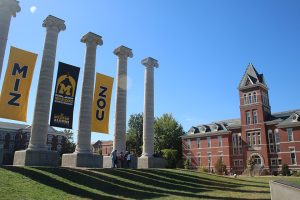
June 25, 2024
Three Mizzou Engineers receive Mizzou R.A.H. awards
In 2024, three engineering alumni received Mizzou R.A.H. awards, Kyle Friedman, BS CiE '16, MS CiE '18; Nathaniel Kinsey, BS EE '11; and Corey Staller, BS ChE '14.
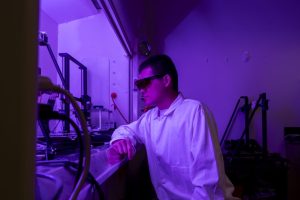
June 21, 2024
No assembly required
Innovative 3D printing method developed by Mizzou Engineering doctoral student streamlines multi-materials manufacturing.
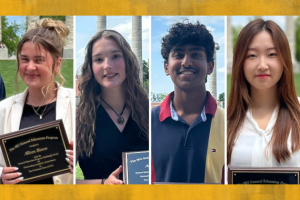
June 18, 2024
Three engineers receive Hesburgh Scholarship
Given to one undergraduate student from each class, the scholarship underscores the vital role of general education courses, which ensure that graduates leave Mizzou not only ready to excel in their respective fields but also with a rich, well-rounded foundation of knowledge.